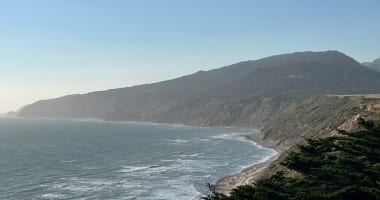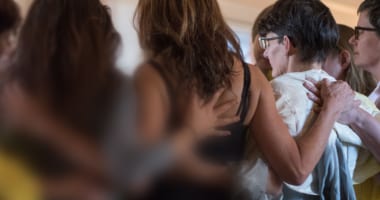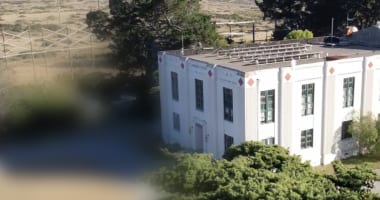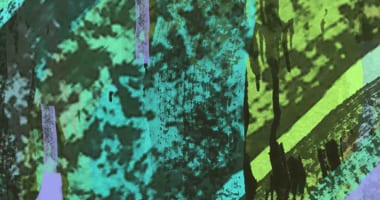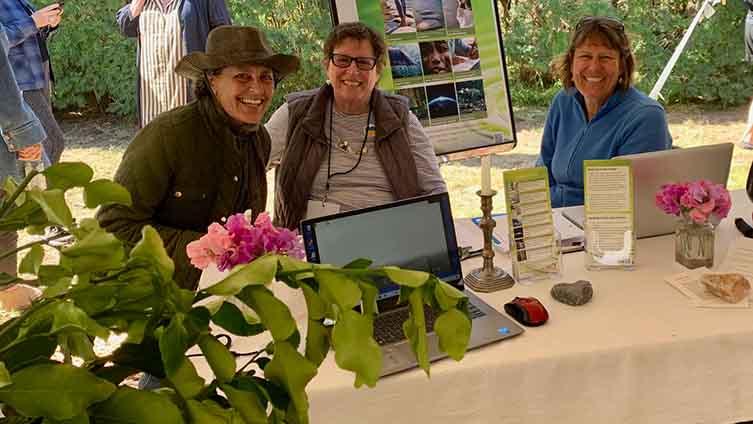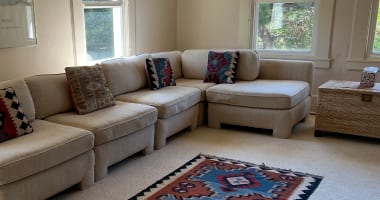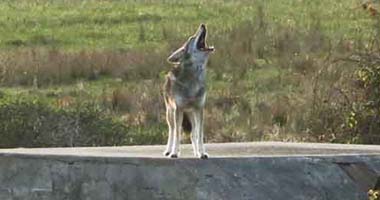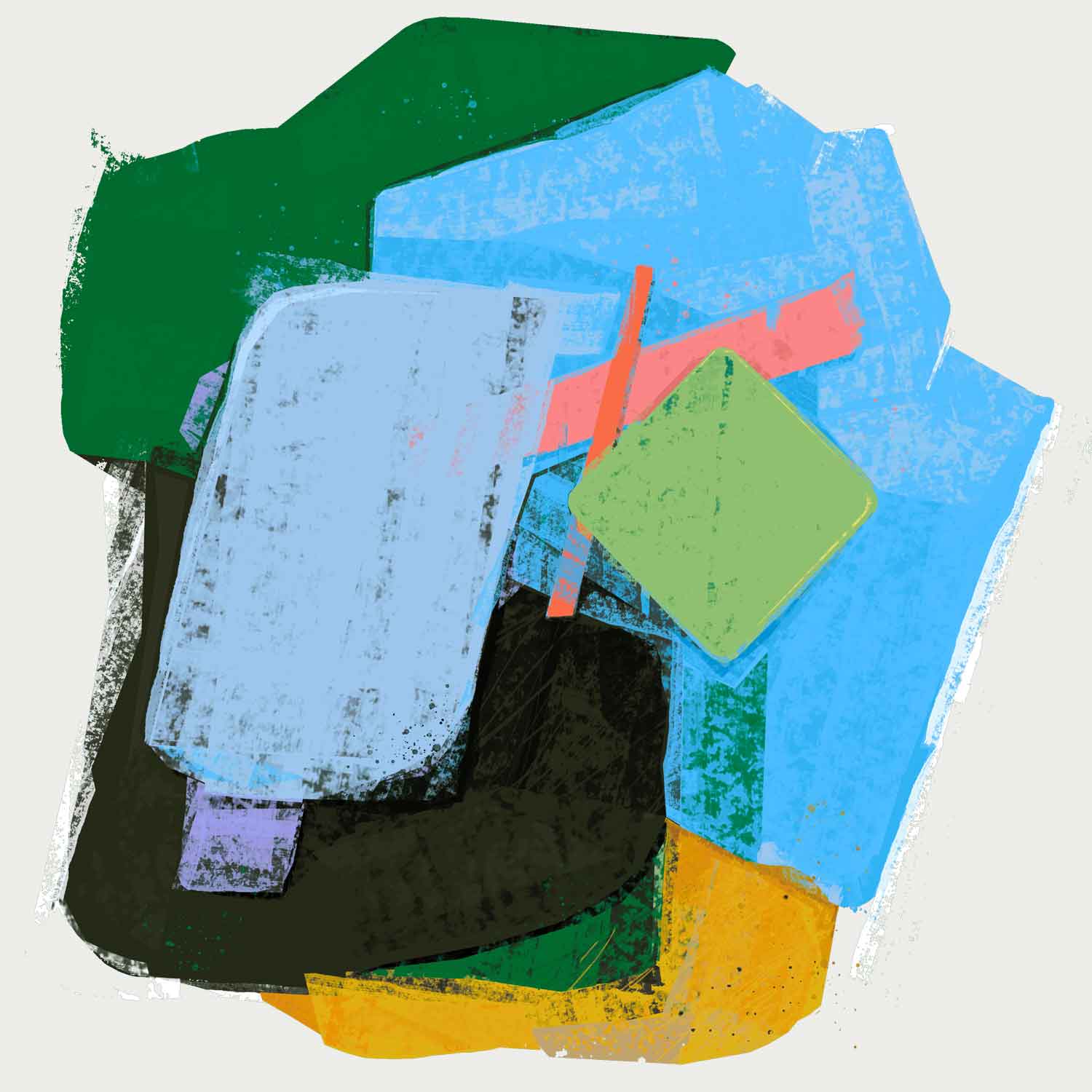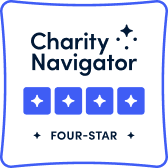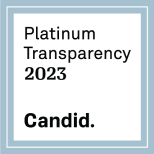Wayfinders: New Ways of Being in the World
April 29, 2023
It’s humbling and gratifying when a new endeavor exceeds expectations. I feel this way about the Wayfinders program, the immersive residency for young adults we recently piloted at the Whidbey Institute. The Innovative Learning and Living Institute (ILALI) designed Wayfinders to help participants grow and adapt to change, address conflict and polarization, and ultimately create better futures for themselves and their communities.
The foundational support for Wayfinders was pivotal to the program’s success. The Whidbey Institute provided beautiful facilities, dedicated staff, and healthy meals. The breathtaking land held a legacy of healing and revelatory insight. While most of the programs held at Whidbey are weekend or week-long offerings, ILALI had the resources and network to offer an eight-week, cost-free, living-learning program.
We built upon this foundation by bringing in several dynamic guest instructors and presenters, folks with impressive content expertise and the ability to adapt creatively to what emerged in the social field. Two phenomenal colleagues, Julie Aitcheson and Mari Shibuya, joined me onsite and provided the consistent presence and nuanced facilitation necessary for stewarding deep transformational work.
But what made Wayfinders extraordinary was the young adult participants. They brought such openness and thoughtfulness to the program. They loved cooking for each other and consistently expressed gratitude for spending so much time communing with nature, including their weekly opportunities to help tend to and steward the land. Their energy and creativity was palpable. As was their commitment: nobody left the pilot program. Each one of them completed it.

This group of mostly twenty-somethings from the Puget Sound region formed quickly into an engaged learning cohort. Each participant arrived ready for the Wayfinders journey and committed to supporting the learning of their peers. This commitment to what ILALI calls the “adventure of belonging, bridging, and becoming” included and transcended the diversity within the cohort: participants embodied a spectrum of gender identities and sexual and spiritual orientations. There were racial, economic, and educational differences. A number identified as neurodivergent. Some were from conservative rural areas, while others came from more liberal urban areas. More than a few struggled with their mental health and their relationship to medication.
Balancing the particularities and politics connected to differences with learning how to live together was dynamic, messy at times, and inspiring. Participants entered the program with a strong yearning for deeper connection and a desire to learn how to create communities of practice and support for themselves and others.
The cohort fully embraced the daily transformative practice sessions—body, mind, spirit, shadow exercises—that proved profoundly healing and revitalizing while providing them a more embodied orientation to learning and being in community. One participant described this deepening of an embodied awareness of self, others, and environment as “profoundly uncomfortable and profoundly liberating.” A second shared, “I feel genuinely healthier. Emotionally, spiritually, and physically. I feel like I recovered something within myself that had been lost for a long time.” After the program, another cohort participant reflected upon the impact of these transformative practices:
I am now so much more aware of the balance of movement, togetherness, alone time, emotional release, and processing times that I need and feel good about myself and my place in community. Regularly practicing listening for what we feel in our bodies and where has deeply helped to facilitate this learning and understanding of myself.
These foundational embodiment practices enabled a more nuanced engagement with the topics and content the guest instructors and presenters shared with the cohort. This included trauma-informed workshops on boundaries and consent, strategies for regenerative living, exploring indigenous and other wisdom traditions, tools for financial literacy, discussions on the ethics of technology and artificial intelligence, skills for leadership, facilitation, and working through conflict, among other offerings.
In addition to the foundational transformative practices, we wove visual, movement, and performance arts, as well as different storytelling exercises, throughout the entirety of the program. They served as methods for a more expressive consideration of the topics and content of each week and a way to integrate the learnings creatively.
Another consistent throughline was the experiential approach we offered the cohort to understand how different worldviews create different worlds. The cohort explored how diverse life conditions and systems inform how we experience and shape our world. As one participant beautifully puts it:
I have learned how much my perspective, my worldview, and my attitude shapes my lived experiences and my relationship to myself and other people. I was in a stagnant pool of bitterness, grief, depression, apathy, and anger before joining the program. I was so steeped in ideology and pessimism that I couldn’t see a way forward, and I had closed the door on curiosity and compassion for a whole group of people. I feel now, open to new ways of seeing and being in the world. I feel open-hearted and open-minded in a way I hadn’t felt before.

It was an honor to witness and help support these young adults in healing and transmuting particular conditioning. Their willingness to be present and move through uncomfortable emotions, including deep grief, anger, and interpersonal tensions, was impressive and transformational. One participant reflected that “the people in the cohort have grown a lot. Each person has grown differently. Some have made formal steps toward their professional goals. Some are visibly happier. Some found romance. I think everyone made lifelong connections.” Another participant shared that she’s “seen a huge shift in the cohort's connection to themselves. Confidence to step more into their power, to take radical ownership” and that a “profound learning for me has been feeling the impact of these foundational elements of leadership, witnessing the ways they’re facilitated, seeing how they land for all the cohort members and recognizing where my continued internal work lives within it all.”
The immediate tangible outcomes of the program reflected this growth and emergence of collective leadership. One participant started her private counseling practice. Two others refined their coaching/training businesses. Folks created artworks, performances, and short films and exhibited them publicly. Some decided to move to places more supportive of their needs and path. Two now work for the Whidbey Institute. All expressed their intention to continue to be a community of practice and support the next iteration of the Wayfinders program. The cohort created a large mural, now on display at the Whidbey Institute.
While there is more to learn and room to improve, it is clear to many that Wayfinders is an idea whose time has come. The kind of capacities and emergent solutions necessary to meet the challenges of our planetary polycrisis will need to be informed, to some degree, by an embodied meta-curriculum that integrates scientific, social, and sacred ways of knowing. The future of social movements that center regenerative and equitable living, both as a practice and end goal, would also benefit from immersive learning spaces that cultivate a renewed sense of belonging, bridging, and becoming.
May we continue to find our way.
***
Find out more about the Wayfinders program and about the Innovative Learning and Living Institute on their website.

